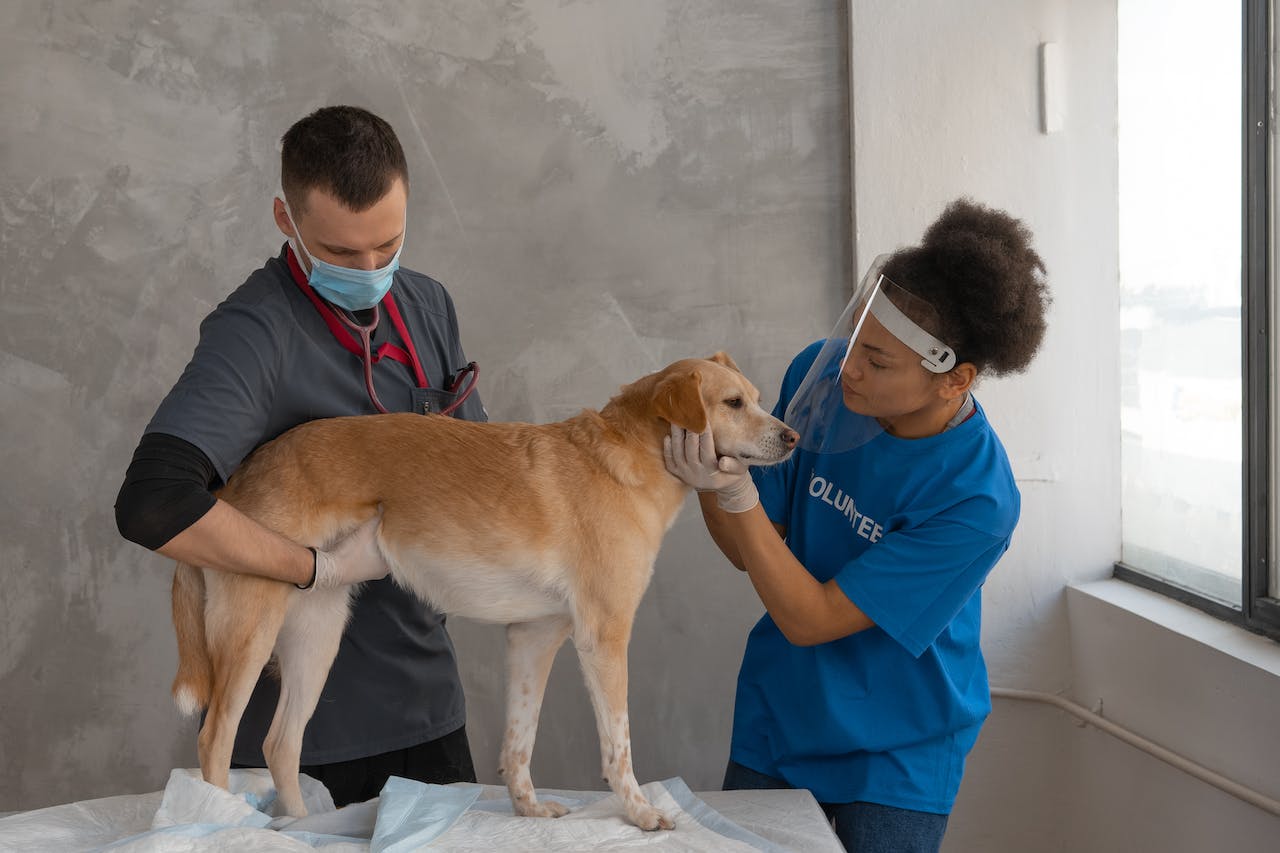Tips for Preventing and Treating Environmental Allergies in Dogs
Tips for Preventing and Treating Environmental Allergies in Dogs Environmental allergies can be a major problem for dogs, causing

Tips for Preventing and Treating Environmental Allergies in Dogs
Environmental allergies can be a major problem for dogs, causing discomfort, itching, and even more severe health issues. To help your furry friend cope with and overcome these allergies, here are some essential tips:
1. Regular Grooming
Frequent grooming helps remove pollen, dust, and other allergens from your dog’s coat, preventing them from triggering a reaction. Brush your dog regularly, and consider using hypoallergenic shampoos specifically made for dogs with sensitive skin.
2. Keep Your House Clean
Allergens tend to accumulate in carpets, furniture, and curtains. Regularly vacuum and clean your house to minimize your dog’s exposure to these allergens. Consider using a vacuum cleaner with a HEPA filter to ensure efficient allergen removal.
3. Allergen-Free Bedding
Provide your dog with a bed made of hypoallergenic materials. This prevents exposure to potential allergens, such as dust mites, that can trigger allergies in sensitive dogs.
4. Analyze Your Dog’s Diet
In some cases, dietary changes can help alleviate environmental allergies. Consult your veterinarian to determine if an elimination diet or a specialized hypoallergenic dog food could benefit your furry companion.
5. Use Allergy Medications
Your vet may prescribe antihistamines, corticosteroids, or other allergy medications to alleviate your dog’s symptoms during peak allergy seasons. Always follow the prescribed dosage and consult your veterinarian before starting any medication regimen.
6. Minimize Outdoor Exposure
Take precautions when going outside with your dog during peak pollen or mold spore seasons. Avoid walking your dog in areas with freshly cut grass, and wipe their paws with a damp cloth after outdoor excursions to remove any allergens they may have picked up.
7. Consult a Veterinary Dermatologist
If your dog’s allergies are severe and ongoing, consider seeking the expertise of a veterinary dermatologist. They can perform allergy testing, provide specialized treatments, and help you create an effective treatment plan tailored to your dog’s needs.
8. Provide Regular Exercise
Regular exercise strengthens your dog’s immune system and overall health, helping them better cope with allergies. Keep your dog active, but avoid exercising them during peak allergy times of the day.
By following these tips, you can help prevent and treat environmental allergies in your beloved canine companion, ensuring they live a comfortable and allergy-free life.
Disclaimer: The information in this article is not intended to be a substitute for professional veterinary advice. Always consult with a qualified veterinarian for proper diagnosis and personalized treatment plans tailored to your dog’s specific needs.






